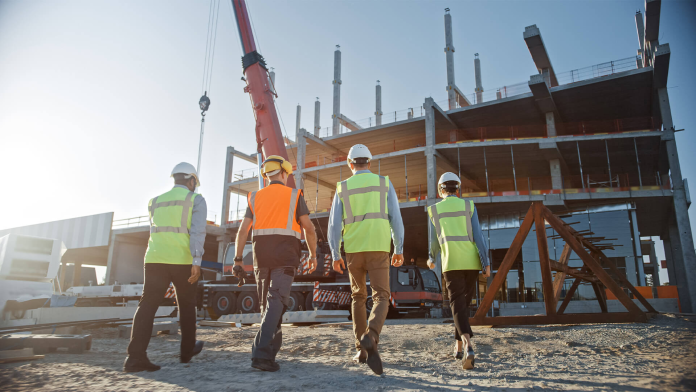When embarking on a commercial building project, careful planning and attention to detail are paramount. Whether you’re developing a new office building, retail space, or industrial facility, understanding the key aspects of commercial property construction is essential for ensuring a successful outcome. This article explores the critical considerations for your next commercial building project, with a focus on commercial property construction and kitchen design.
Understanding Commercial Property Construction
Commercial Property Construction is a complex process that requires a comprehensive approach to ensure the project meets both functional and aesthetic requirements. Here are several key aspects to consider:
1. Site Selection and Analysis
The location of your commercial property can significantly impact its success. Evaluate potential sites based on factors such as accessibility, proximity to major transportation routes, and local zoning regulations. Conduct a thorough site analysis to assess environmental conditions, including soil quality and potential hazards. This will help you avoid costly issues and ensure the site supports your project’s needs.
2. Design and Architecture
The architectural design of your commercial building should align with your business goals and the needs of your tenants or customers. Engage with experienced architects and designers who understand Commercial Property Construction. They will help you create a design that is both functional and visually appealing, reflecting your brand and meeting regulatory requirements.
3. Regulatory Compliance
Compliance with local building codes and regulations is crucial for any commercial construction project. Ensure that your plans adhere to zoning laws, safety standards, and environmental regulations. Work with professionals who are familiar with these requirements to avoid delays and penalties.
4. Budget and Financing
Developing a detailed budget is essential for managing costs throughout the construction process. Include estimates for construction materials, labor, permits, and contingency funds for unexpected expenses. Secure financing from reliable sources, and monitor your budget regularly to ensure the project remains on track financially.
5. Construction Management
Effective construction management is key to the successful completion of your commercial property. Hire a reputable general contractor with experience in commercial projects. They will coordinate subcontractors, manage schedules, and ensure that the construction process runs smoothly. Regular communication and oversight are crucial to addressing any issues that arise promptly.
Kitchen Design: A Crucial Component
In many commercial buildings, especially those intended for food service or hospitality, kitchen design plays a critical role in the overall functionality and efficiency of the space. Here’s what to consider:
1. Functionality and Layout
A well-designed kitchen layout is essential for optimizing workflow and efficiency. Plan for distinct zones within the kitchen, such as preparation, cooking, and cleaning areas. Ensure that the layout allows for smooth movement and minimizes unnecessary steps. Incorporate adequate storage solutions and work surfaces to support the operational needs of the kitchen.
2. Equipment and Appliances
Invest in high-quality, commercial-grade kitchen equipment that meets industry standards. Choose appliances that are energy-efficient and suited to the volume and type of food service your establishment will handle. Consider integrating modern technologies such as smart ovens and refrigerators that offer advanced features and energy savings.
3. Safety and Compliance
Kitchen design must prioritize safety and adhere to health and safety regulations. Ensure proper ventilation to remove heat and fumes, and install non-slip flooring to prevent accidents. Implement design features that facilitate easy cleaning and sanitation, such as smooth surfaces and accessible sinks.
4. Aesthetic Considerations
While functionality is paramount, the aesthetic appeal of the kitchen should not be overlooked. The design should complement the overall theme of the commercial property and create an inviting environment for both staff and guests. Use durable and attractive materials that can withstand heavy use while contributing to the overall design aesthetic.
5. Future Expansion
Anticipate future growth and the potential need for additional kitchen space or equipment. Design with flexibility in mind, allowing for easy upgrades or expansions as your business evolves. This proactive approach can save time and costs associated with future renovations.
Conclusion
Planning a commercial building project involves numerous considerations, from site selection and regulatory compliance to effective construction management and kitchen design. By addressing these aspects thoroughly, you can ensure a successful and efficient commercial property construction project that meets your operational needs and supports your business goals. Engaging with experienced professionals and adhering to best practices in both construction and design will pave the way for a successful outcome and a property that stands the test of time.


